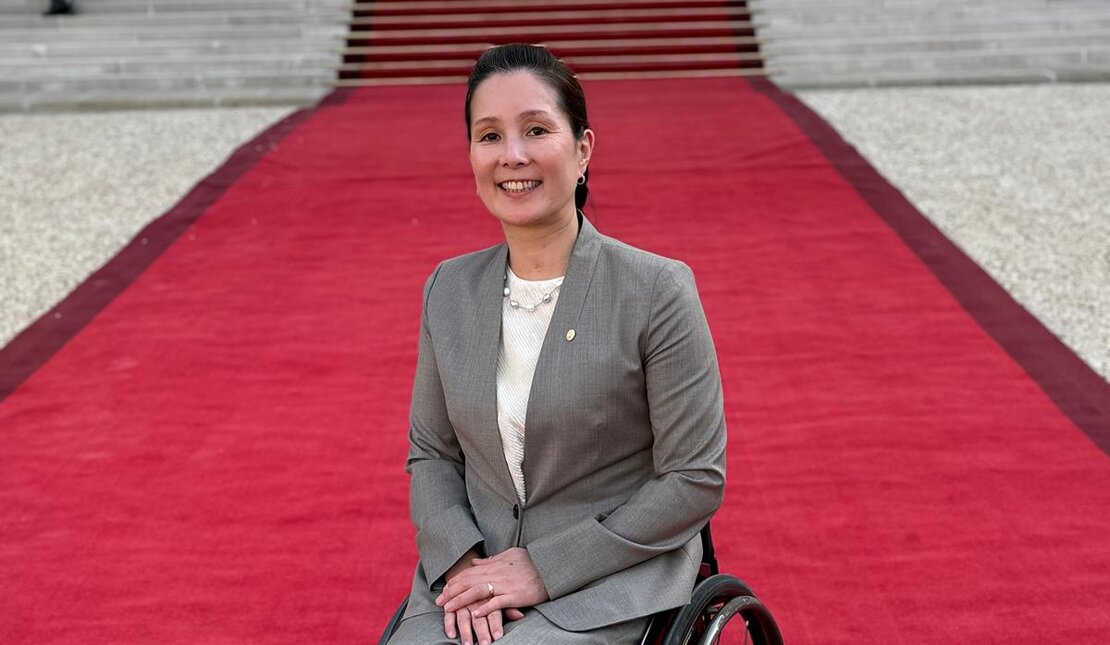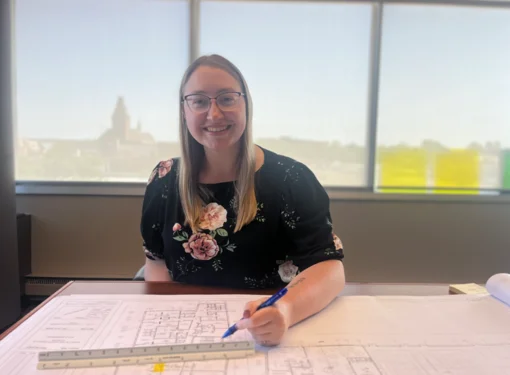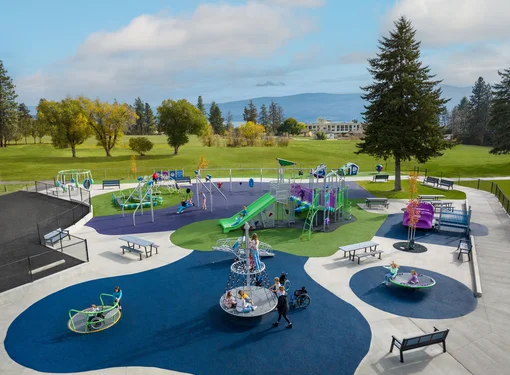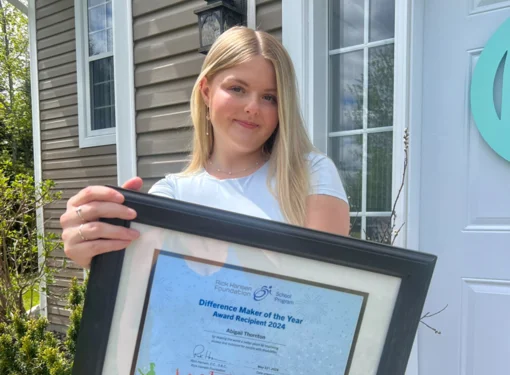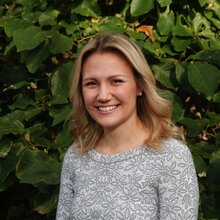RHFAC Professional Training provided upskilling opportunity for Miki Matheson
Miki Matheson first heard about Rick Hansen Foundation Accessibility CertificationTM (RHFAC) Training in the monthly eNews from the Rick Hansen Foundation.
The RHFAC Training course teaches individuals how to use the RHFAC methodology to rate buildings on their level of meaningful access. Upon successful completion and passing the subsequent RHFAC Professional exam, individuals will obtain their RHFAC Professional designation, qualifying them to conduct RHFAC ratings for existing buildings and pre-construction plans. The training course provides a baseline understanding of how to interpret accessibility in the built environment.
While she had previously been aware of the importance of accessibility as both an advocate and a former Paralympic athlete, the idea of the course stuck with her.
“The pivotal moment came unexpectedly when my husband pointed out an advertisement for the course he heard on the radio while driving. It resonated deeply with me,” Miki explained. “At that moment, I realized that the course was an essential tool that could further amplify my impact in the world of accessibility and inclusion, especially within my consulting work and advocacy efforts”
At the time, the Ministry of Colleges and Universities in Ontario was providing grants for learners in Ontario to take the course, Miki didn’t hesitate to sign up.
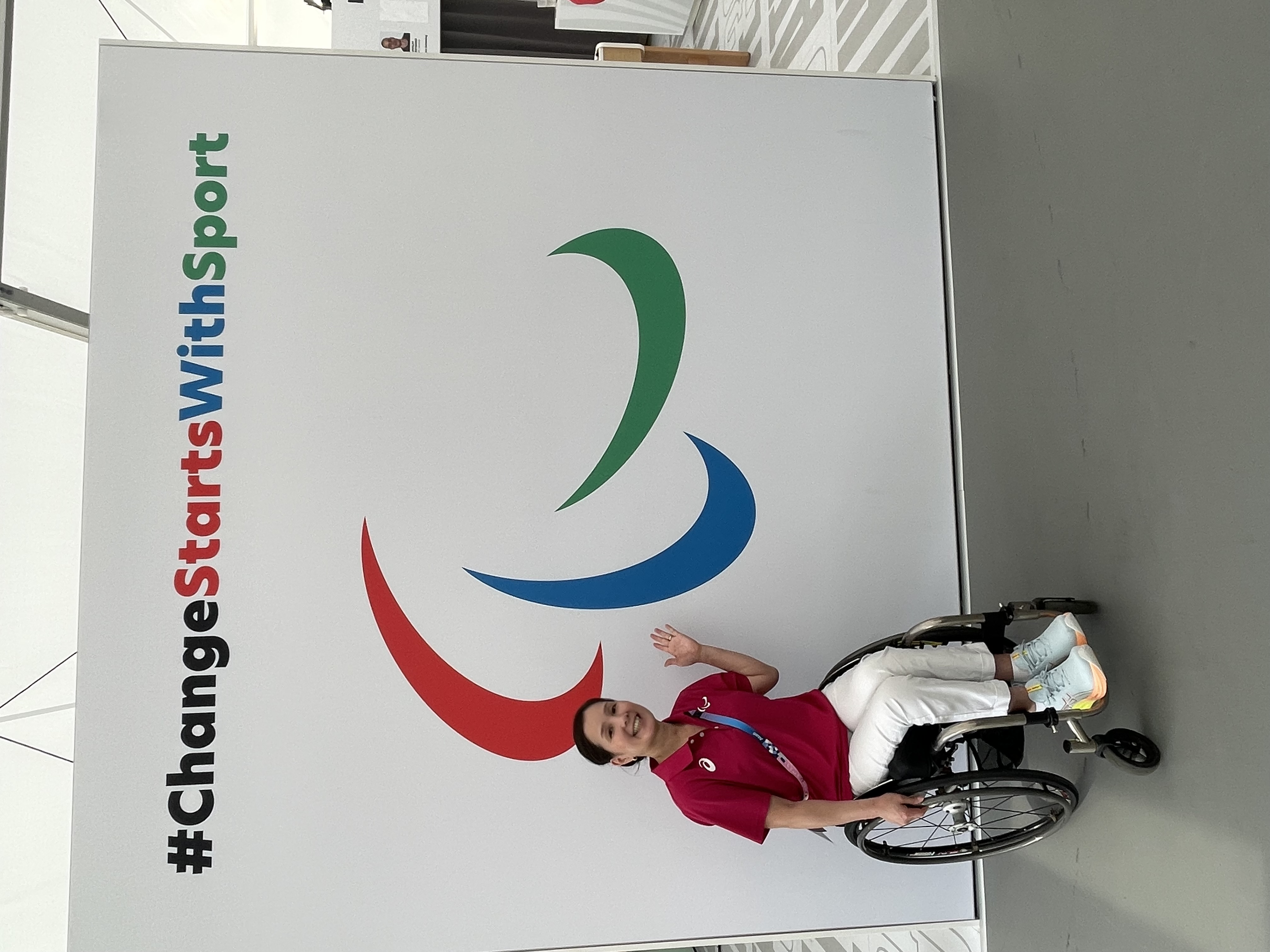
Applying the Knowledge
With her background in disability inclusive education, including head of Paralympic Education in Japan, she had ample working knowledge, but Miki was delighted by how much she learned in the course and how it impacted her work. Miki was able to layer her lived and work experience with the course material, enhancing her ability to teach others.
“RHFAC Professional Training has had a profound impact on my career, particularly in the way I approach accessibility within the work I do,” she explained. “The RHFAC training has taken my understanding and ability to influence change to a new level, providing me with both the theoretical and practical knowledge to assess and improve built environments systematically.”
Miki explained that the training course equipped her with concrete, evidence-based tools to assess and improve accessibility in the built environment.
“It’s not just about identifying the challenges people with disabilities face but also knowing how to address them effectively in a way that aligns with global standards and local regulations,” she said.
RHFAC does more than provide the knowledge to improve accessibility, it also provides confidence and credibility.
“The certification allowed me to become a more effective advisor, enabling me to provide organizations with a clear, actionable framework to make their spaces accessible,” she said. “The RHFAC training has also given me additional credibility, which has enhanced my ability to influence key decision-makers and ensure that accessibility becomes a priority in the planning and design stages of new projects.
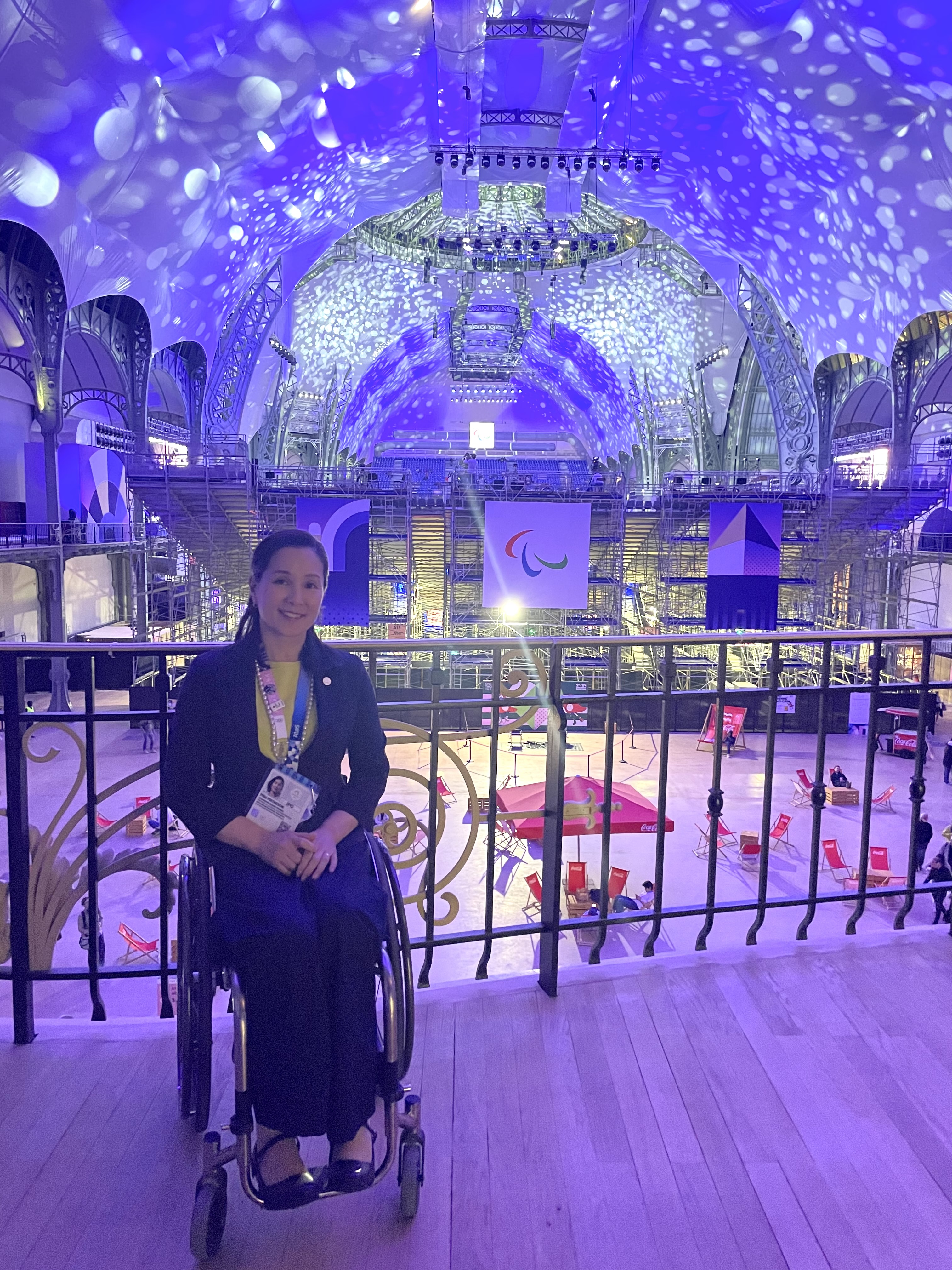
Creating an Accessible World for All
To Miki, accessibility is a human right.
“It means ensuring that everyone, regardless of ability, has equal access to opportunities, spaces, products and services without facing barriers due to physical, social, attitudinal, or systemic limitations. Accessibility is about creating environments where individuals can live, learn, play, work, and participate fully, with dignity and independence,” Miki said. “Having experienced life with a spinal cord injury, I deeply understand how vital it is for people with disabilities to have the means to access everyday spaces. Accessibility goes beyond just meeting minimum standards; it’s about fostering inclusion and respect for everyone.”
